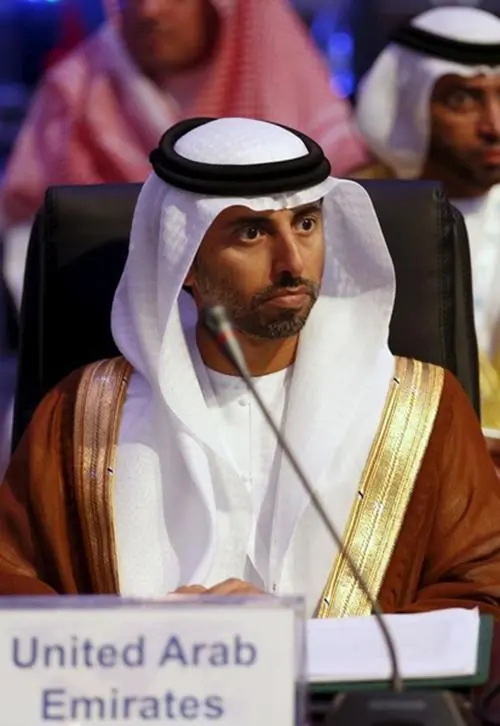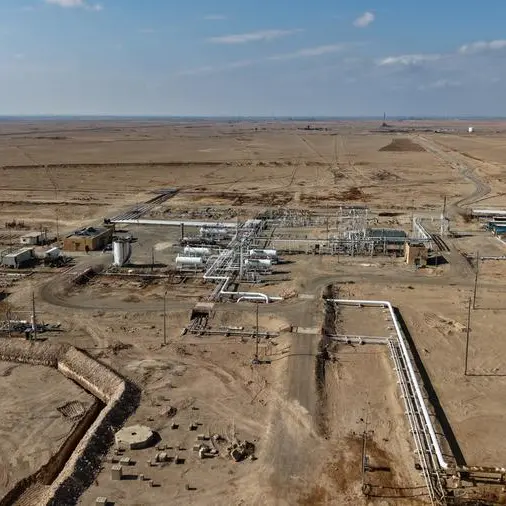PHOTO
Sunday, Aug 28, 2016
Abu Dhabi: The oil sector is resilient to counter challenges and may achieve stability soon, the UAE energy minister, Suhail Al Mazroui, said on Saturday. His comments came shortly after oil prices moved near the keenly watched $50 a barrel.
Oil prices rallied by about 20 per cent in August after Saudi Arabia’s energy minister, Khalid Al Falih’s comments that they are watching the market closely, and if there is a need to take any action to help the market rebalance, they would do in cooperation with Opec (Organisation of the Petroleum Exporting Countries) and major non-Opec exporters.
“We acknowledge and understand the market challenges but in my view our sector is resilient to overcome it and achieve stability soon,” Al Mazroui said in comments posted on his official twitter account on Saturday.
He also said that regardless of the different views on the oil market, Opec current market share is at a “good level”, adding that any future decision on oil production would require full participation of Opec member countries plus oil producers.
Venezuela and Iran, too, continue to seek consensus on ways to stabilise oil markets and strengthen Opec, Venezuelan President Nicolas Maduro said on Saturday as reported by Reuters, following a meeting with Iranian Foreign Minister Mohammad Javad Zarif.
“We continue to build common ground and a new consensus on stabilizing oil markets, strengthening industries, strengthening Opec,” Maduro said in a ceremony broadcast on state television, according to Reuters. He added that Venezuela’s oil minister and foreign minister would make announcements in the coming weeks, without divulging details on any firm actions.
Analysts, meanwhile, are sceptical about a deal happening at the next month’s informal Opec meet in Algeria.
“By the end of this year, supply-demand imbalance will start to correct itself, so hopefully, [in the] early part of 2017 prices might go higher,” said Saleem Khokhar, head of equities at National Bank of Abu Dhabi’s Asset Management Group.
Opec President Mohammad Bin Saleh Al Sada also said earlier this month that oil markets will rebalance in the third and fourth quarters with demand picking up.
Francisco Quintana, Head of Strategy at Foresight Advisors, said chronic lack of investment in Venezuela has resulted in a constant decline in production since its late 1990s peak of almost 3.5 million barrels per day to a 13-year low of 2.15 million barrels per day in June.
“Its dependence on oil is absolute,” he said. Oil constitutes above 90 per cent of Venezuela’s revenues.
Iran, on the other hand, has repeated time and again it will support no freeze until they regain market share. The production of Iran stands at 3.6 million barrels per day till July this year.
By Fareed Rahman Senior Reporter
Gulf News 2016. All rights reserved.





















